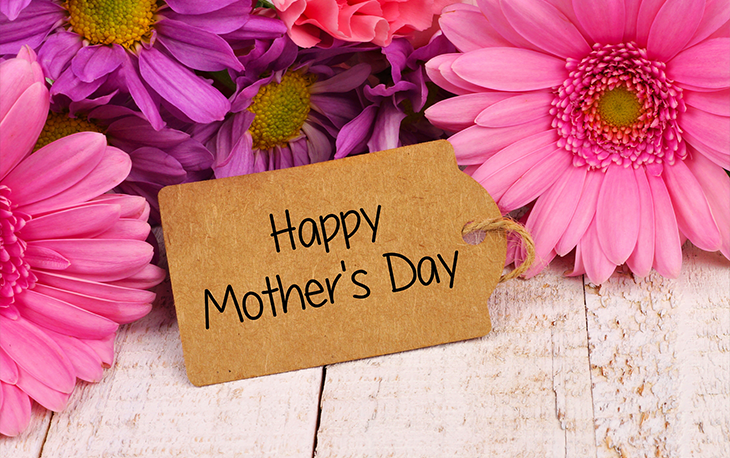Home / Managing Mother’s Day by The National Bereavement Service
Managing Mother’s Day by The NBS
Mother’s Day can be hard for many people. Whether someone is childless, has experienced rejection from their mother, has a mother who has died or is terminally ill, or for myriad other reasons, it’s a day on the calendar which can be tough to get through.
Mother’s Day isn’t solely the preserve of mothers though. The day’s origins lie in the church as Mothering Sunday, celebrating the gift of mothering, nurturing and caring – qualities most of us enjoy

If you’re finding it challenging, how can you manage Mother’s Day?
- Plan ahead
- Ignore, turn off or opt out of posts on social media and emails
- Let your imagination and feelings guide you in planning to do something that celebrates and connects you in a positive way to your emotions and those you miss
- Tell family and friends how best they can support you ahead of the day
- Be honest
- Where there is pain in your relationship, acknowledge this and find someone you can share your feelings with
- Don’t be tempted to compare your response to someone else’s. Be compassionate and only do what feels right for you
- Choose to celebrate or remember in a way that nourishes you in a positive way
- Connect with others
- Grief is often best supported as a community, whether family, friends or others close to you
- If you are grieving, it often helps to consciously connect with others who can be with you in your grief and where you can be yourself
- If you know someone where there is grief around motherhood, connect with them and look out for how best to support them
Contacting the National Bereavement Service
The National Bereavement Service supports anyone who has experienced a bereavement with practical information and advice and emotional support.
For support from the NBS, call our dedicated helpline on 0800 024 6121 or visit www.theNBS.org for further information or to chat to an advisor online
Other helpful organisations:
- WAY (Widowed and Young) – widowedandyoung.org.uk – For people whose life partner has died and under the age of 50
- Child Bereavement UK – childbereavementuk.org – Provides help if you need to explain the death of someone close to a child or young person, as well as a variety of resources
- Winston’s Wish – winstonswish.org – childhood bereavement charity
- Survivors of Bereavement by Suicide – uksobs.org
- The Compassionate Friends – www.tcf.org.uk – Originally founded to support parents after a child has died, including adult children, it now supports bereaved family members including grandparents and brothers or sisters of the person who has died
Step by step guide
There are several steps in the Funeral Planning process you will have to consider.
Types of funerals
There are a number of different types of funerals available. Which type of funeral service is right for your loved one?
What happens at a cremation service?
Cremations are fast becoming the norm in Britain with over 70% of families choosing this type of
funeral.
Further Reading: Cost of a funeral
Find out about funeral costs and what financial support could be available.